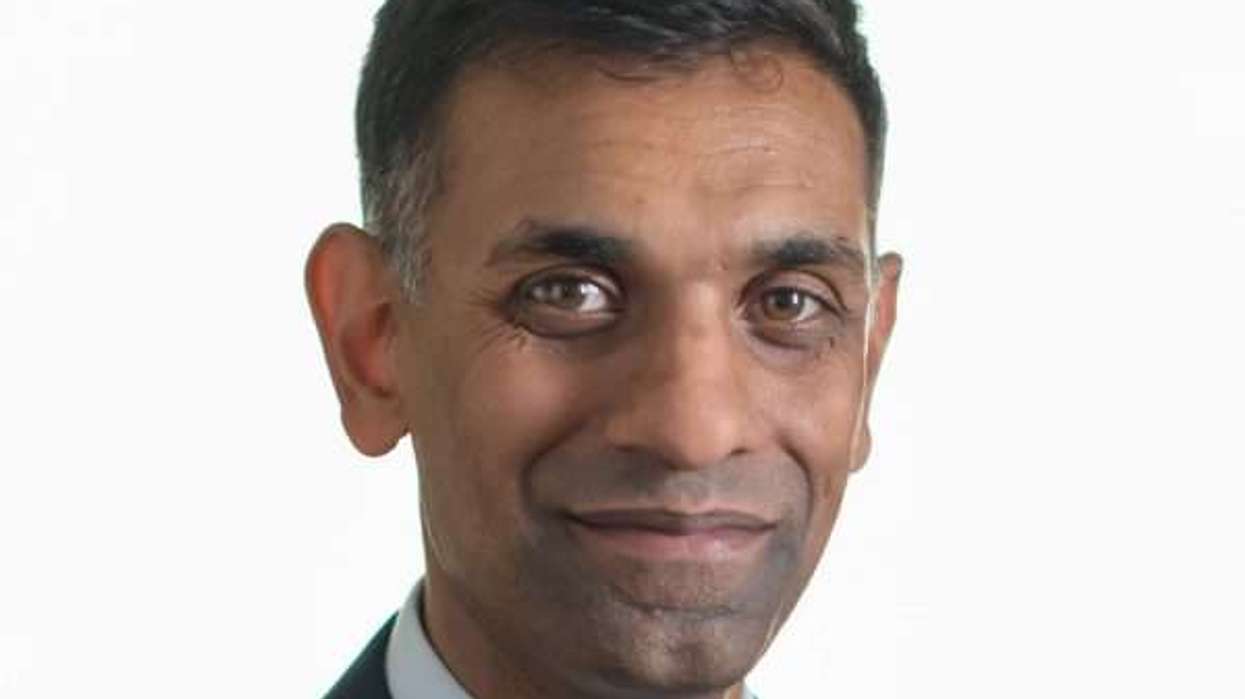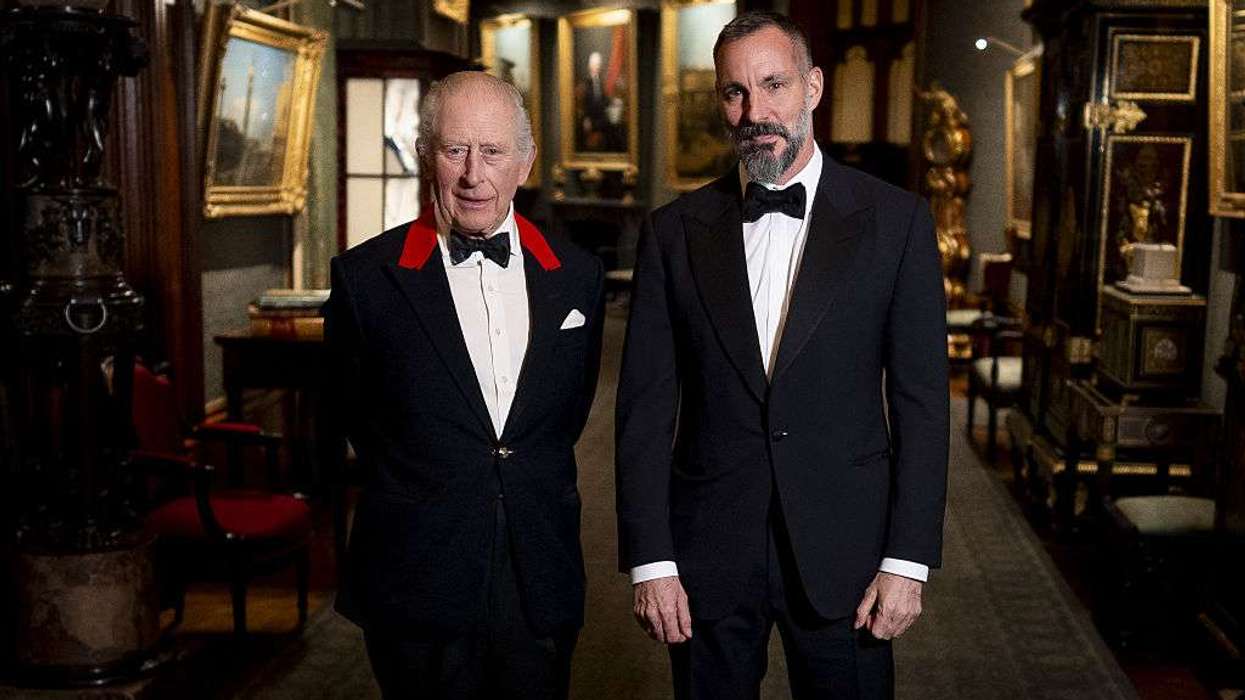STEEL tycoon Lakshmi Mittal is considering leaving the UK following the government’s decision to abolish the non-domiciled tax status. The move would make him one of the most prominent entrepreneurs to leave due to the tax reform.
Mittal, who has lived in the UK for three decades, has informed associates that his departure is likely due to Labour’s decision to end the non-dom regime, which allowed certain residents to avoid paying UK tax on foreign income.
“He is exploring his options and will take a final decision over the course of this year,” a friend of Mittal told the Financial Times. “There is a good chance he will cease to be a UK tax resident.”
Mittal and his family ranked seventh on The Sunday Times list of Britain’s wealthiest people last year, with an estimated fortune of £14.9 billion.
He owns a chalet in St Moritz, properties in Europe, the US, and Asia, and has recently been buying property in Dubai.
Mittal, who built his steel business over five decades, moved to the UK in 1995. He stepped down as ArcelorMittal CEO in 2021, with his son Aditya Mittal taking over, while he remained executive chair. The family owns 40 percent of the company.
The billionaire joins a growing number of wealthy individuals leaving the UK for tax-friendly jurisdictions such as the UAE, Italy, and Switzerland, FT reported. Critics argue that the exodus of high earners could impact the UK economy.
The 226-year-old non-dom regime was abolished by then Conservative chancellor Jeremy Hunt in March 2024, with Labour’s Rachel Reeves confirming the change in October and closing offshore trust loopholes.
Some non-doms and advisers have cited this as a key factor in their decision to leave.





